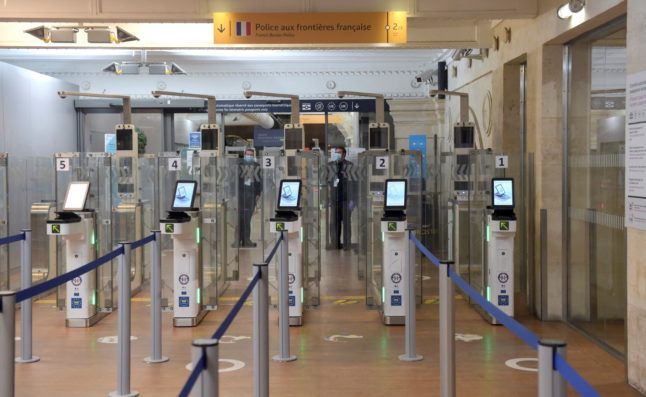As anyone who has lived in France for any length of time knows, the deadlines for the annual tax declaration are upon us.
But what are the penalties if you either miss the deadline or fail to file your return at all? We take a look at the sanctions – and explain where you can go for help if you’re having problems with your return.
Late fees, fines and charges: What you risk by missing French tax deadlines
Temperatures may have dipped in recent days, but we’re at the start of what promises to be another warm summer in France … and there’s already another frustratingly predictable row brewing over the Burkini, with a court blocking the city of Grenoble’s decision to allow the swimwear.
If France wants to take its place in a multicultural world then it must make room for all its citizens, writes civil liberties expert Rim-Sarah Alouane.
OPINION: If France is to belong in a multicultural world it must accept its Muslim women
Speaking of summer, as the holidays approach in France, many employers are looking for seasonal workers – so if you’re looking for a seasonal job, here’s how to go about it, and the rules you need to know.
How to get a summer job in France
It’s around this time of year that many second home-owners head out to their place in the country. And some will discover an issue or two that needs fixing.
Plumbing emergencies are common in France, so here’s our guide to what to do, who to call and the phrases you will need if water starts gushing in unexpected areas.
Plumbing Emergencies in France: Who to call and what to say
Rail travel is a more relaxed, environmentally friendly way to travel than flying – but some argue that the time it takes to get from A to B is an inconvenience too many … so we’ve checked the timetables to find six European cities you can reach by train from Paris in a few hours.
6 European cities less than seven hours from France by train
And finally… French daredevil slackline walker Nathan Paulin claimed a new world record as he completed a 2,200-metre (nearly 1.4-mile) trip to Mont Saint-Michel along a wire suspended between a crane and the famous abbey on the tidal island.
VIDEO: French daredevil beats tightrope record with Mont Saint-Michel crossing



 Please whitelist us to continue reading.
Please whitelist us to continue reading.
Member comments